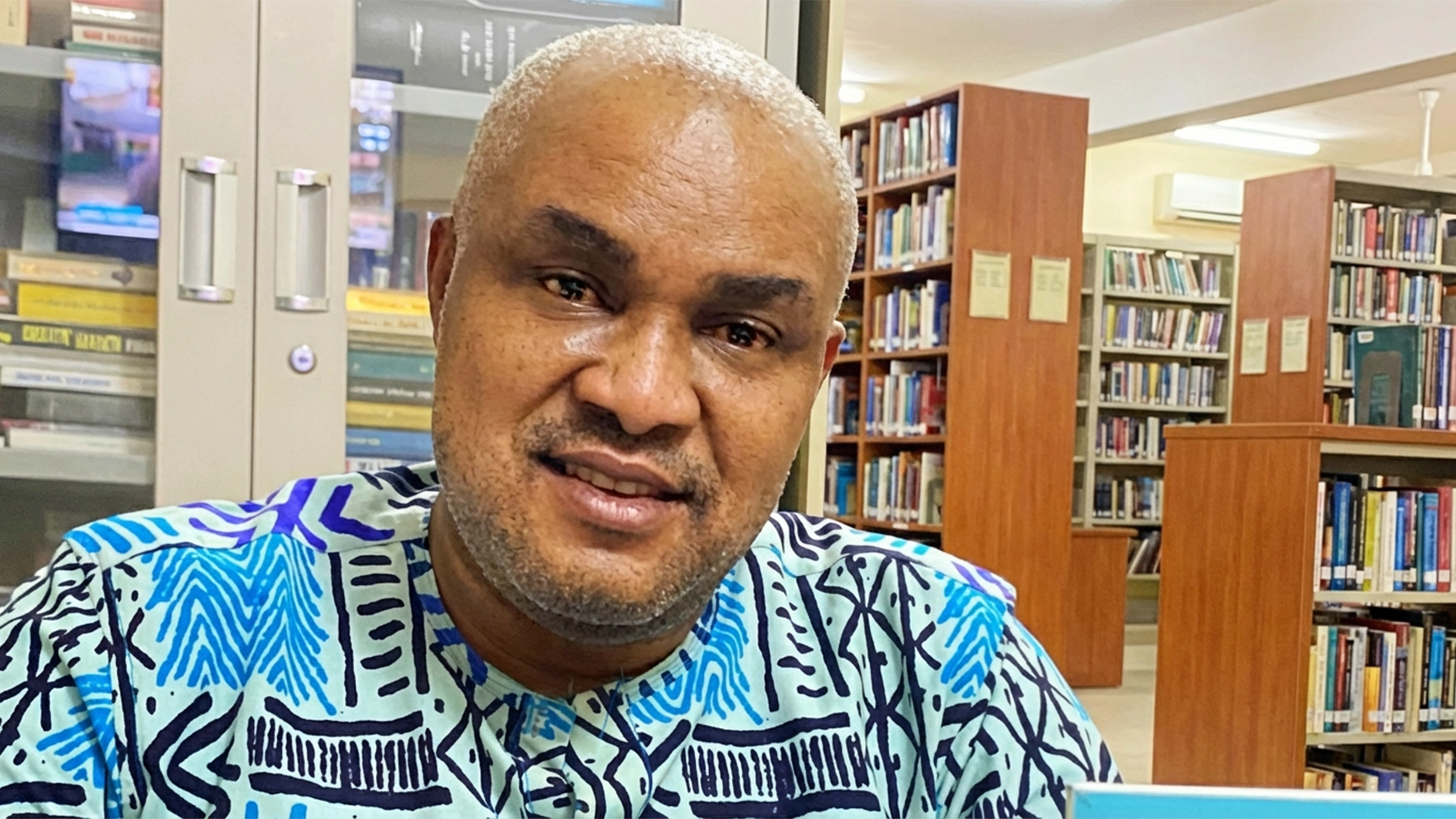The Assistant Director of Programmes at Junior Achievement Nigeria (JAN), Mr. Olaolu Akogun, has said stakeholders must collaborate and partner to shape an enabling environment where young Nigerians can thrive, innovate, and contribute meaningfully to the economic development of the nation through entrepreneurship.
Akogun said this at the SET4LYF national convening ,organised by JAN, themed ‘Strengthening Entrepreneurship Education in Nigeria: Empowering Teachers as Catalysts for Change.’
He said the newly launched SET4LYF initiative by JAN is designed to deepen collaboration and amplify the impact of entrepreneurship education nationwide.
He described the initiative as a strategic shift in JAN’s operations, focused on empowering teachers as change agents in preparing young people for the future.
“SET4LYF is more than a programme. It is a strategy, a shift, and a commitment to deeper collaboration,” Akogun said.
“Our focus is clear: How do we collectively strengthen entrepreneurship education in Nigeria, leveraging our teachers as the pivotal drivers of change?
“Teachers shape mindsets and unlock potential. If we empower them adequately, we empower a generation.”
He said the SET4LYF event marks a new chapter in JAN’s mission to equip young Nigerians with practical skills in entrepreneurship, financial literacy, digital literacy, and work readiness.
While delivering the keynote speech at the event, the Executive Secretary of the Nigerian Educational Research and Development Council, Prof. Salisu Shehu, said teachers must embrace entrepreneurial thinking to effectively implement the newly revised school curriculum.
Shehu, represented by a director in the agency, Dr. Olakunle Akinsola, said education must go beyond literacy and numeracy to equip young people with the knowledge, skills, and values needed to create solutions, generate wealth, and build a better society.
He said: “Entrepreneurship education is a national necessity and a key driver for sustainable growth, youth empowerment, and self-reliance.”
According to him, the NERDC deliberately included core entrepreneurship content in the newly revised Basic and Senior Secondary Education Curricula to ensure learners acquire 21st-century skills and competencies for effective living.
“The intention is clear, to shift our education system from being certificate-driven to one that nurtures creativity, productivity, and problem-solving,” Shehu said.
He, nonetheless, stated that the success of the new curriculum depends largely on the teachers who deliver it.
“The objectives of the new curriculum will not be achieved without effective teachers in the classroom. Teachers remain the heartbeat of any education system. They are not merely transmitters of knowledge but the very architects of transformation,” he stated.
Shehu emphasised that empowering teachers through training and exposure to entrepreneurial thinking would create a ripple effect of innovation in society.
He called for stronger partnerships between schools and industries to give learners practical exposure to real-world challenges and opportunities.
“As policymakers, educators, and development partners, our collective responsibility is to nurture a generation of young Nigerians who will not merely seek jobs but will turn ideas into enterprises and challenges into opportunities,” Shehu said.
At the event were representatives from Ministries, Departments and Agencies (MDAs) of government in the education sector from different states in Nigeria.






